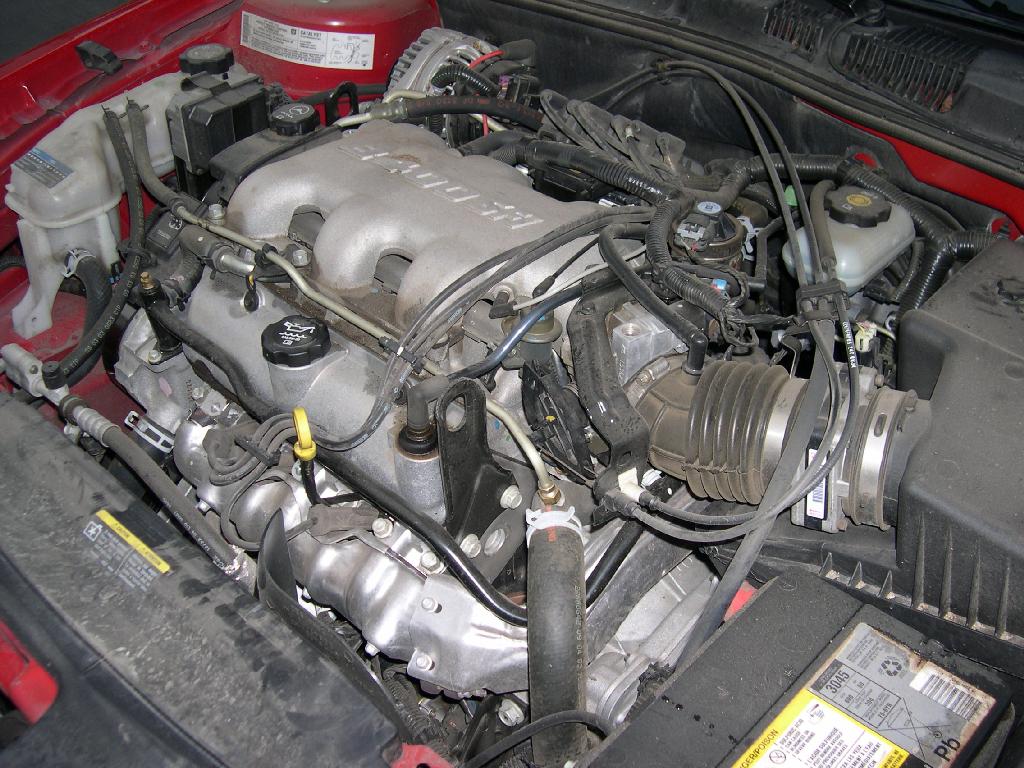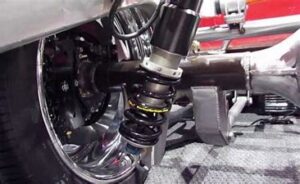The engine of your car acts as the beating heart of the machine. But what transpires if that engine, namely the GM 3.4 V6, begins to malfunction? Cars can experience issues, just like people, of course. We’ll discuss the typical problems that the 3.4 V6 GM engine may experience in this article.
It’s true that this engine has long been a feature of numerous automobiles, but everything is not peaches and cream. There are some problems that might arise, and we’re here to explain them to you. We’ll discuss, what these GM 3.4 V6 problems are caused by and what you may do to resolve them. So let’s get set to discover the peculiarities of the GM 3.4 V6 engine and fasten our seatbelts!
Table of Contents
GM 3.4 V6 Engine: What Does It Mean?
A type of engine produced by General Motors, a business that makes automobiles, is the 3.4 V6 engine. However, because its six cylinders are placed in a V form, it is known as a “V6.” Most frequently in the late 1990s and early 2000s, this engine was utilized in a variety of GM automobile models, including Pontiac, Chevrolet, and Oldsmobile.
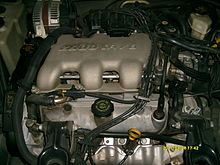
This engine is unique in that it strikes a balance between power and fuel economy. Simply said, it makes the car faster and more fuel-efficient. But with time, just like any machine, it can have issues. Coolant leaks, troubles with the intake manifold gasket, and problems with the timing chain tensioner are all frequent problems with this engine. This engine can operate smoothly and last longer if you take proper care of your vehicle and have frequent checkups.
Explain The GM 3.4 V6 Problems In Detail
The GM 3.4 V6 engine, which was used in a variety of GM vehicles between the late 1990s and the early 2000s, is prone to a number of issues over time. The performance and dependability of the engine may be impacted by these problems. Here are some typical 3.4 V6 engine issues from GM described simply:
1. Leaks In The Intake Manifold Gasket:
The intake manifold’s gasket is susceptible to deterioration, which can result in coolant and oil leaks. Your engine may overheat as a result, which could harm it. The answer is to replace the gasket, and routine inspections can aid in the early detection of this issue.
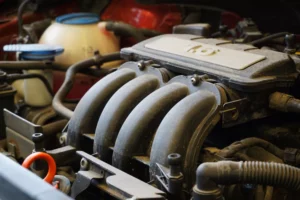
2. Issues With Dexcool Coolant:
Dexcool, a coolant used in some GM vehicles, might cause corrosion and sludge in the cooling system. Additionally, overheating and engine damage may result from this. It may be beneficial to change the coolant and flush the system.
3. Failures Of The Head Gasket:
Head gasket failures can result from overheating, which is frequently caused by coolant leaks. Oil and coolant can mix when a head gasket is broken, which can impact engine performance and lead to overheating. This issue requires professional correction.
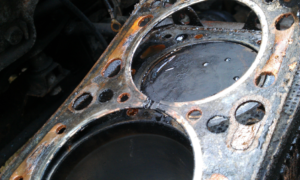
4. Intake Manifold Crack:
The intake manifold’s plastic material can dry out and crack. Vacuum leaks, stalling, and poor engine performance may arise from this. The answer is to swap it out for an aluminium model that is more resilient.
5. Issues With The Timing Chain Tensioner:
The timing chain tensioner may become worn out, which could result in rattling sounds, incorrect timing, engine misfires, and decreased performance. This problem can be avoided by replacing the tensioner and performing routine oil changes.
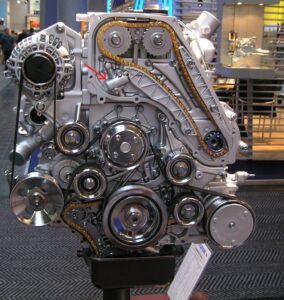
Therefore, the performance and dependability of your car may be impacted by these issues. Additionally, you can prevent expensive repairs and moreover, can ensure that your GM 3.4 V6 problems will be resolved and keep performing well on the road by doing routine maintenance and keeping a lookout for warning indications.
Is It Safe To Drive With GM 3.4 V6 Engine Problems?
Problems with the 3.4 V6 GM engine can make driving dangerous. It’s dangerous to drive without having problems like coolant leaks, head gasket failures, or timing chain issues fixed. These issues could cause overheating, engine damage, or even car breakdowns that would leave you stranded on the road. Your engine could overheat as a result of coolant leaks, costing you money in repairs.

When a head gasket fails, coolant and oil can mix and damage your engine. Engine misfires and performance issues with the timing chain can both occur in your vehicle. Additionally, it’s smart to take care of these problems right away. Therefore, consult a mechanic if you’re doubtful about your engine’s health. Fix those issues to ensure smoother, safer driving. Don’t gamble with your safety or the health of your vehicle.
Solutions To Fix The GM 3.4 V6 Engine Problems?
Your automobile needs to have its 3.4 V6 GM engine issues fixed in order to function properly. Therefore, here are some answers to your query in simple words:
1. Replace The Intake Manifold Gasket:
The intake manifold gasket may be the source of coolant or oil leaks. Replace the gasket with a high-quality one to make it right. Leaks can be found early with the aid of routine checkups.
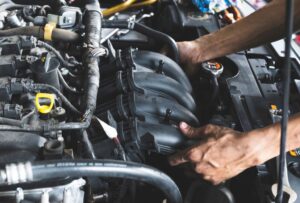
2. Use A Compatible Coolant:
Change to a new type of Dexcool coolant if you’re experiencing issues. Sludge and corrosion can be removed by flushing the cooling system and using a compatible coolant.
3. Seek Professional Advice [If Required]:
Poor engine performance and overheating might result from head gasket issues. Leave this difficult task to the experts. It’s essential to take action right now to stop further engine damage.

4. Replace The Damaged Intake Manifold:
Engine issues may result from a plastic intake manifold that is damaged. For increased longevity, swap it out for an improved aluminium model. Periodic examinations can catch GM 3.4 V6 problems easily.
5. Change The Timing Chain Tensioner:
It’s time to change the timing chain tensioner if you encounter engine misfires or hear rattling noises. Regular engine oil changes can also assist in prolonging the life of timing-related components.

Therefore, keep in mind that maintaining your GM 3.4 V6 engine requires routine maintenance and timely problem-solving. Additionally, to make sure your automobile serves you well for years to come. Moreover, observe the maintenance plan and seek the advice of a trained mechanic for difficult concerns.
Repairing Cost To Fix The GM 3.4 V6 Engine Problems
Depending on the individual problem and where the work is done, fixing GM 3.4 V6 engine issues might cost a lot of money. Therefore, costs for fixing typical issues like intake manifold gasket leakage could range from $400 to $800. Managing head gasket problems is more expensive, typically costing $1,000 to $2,000 or more. The cost of repairs for an intake manifold crack could range from $500 to $1,200.

Problems with the timing chain tensioner could cost between $300 and $600. Please keep in mind that these are only rough estimates and that actual costs may vary depending on local factors such as labour rates and part prices. Regular maintenance can aid in preventing these issues and ultimately help you save money. Always seek the advice of a reliable mechanic for a precise evaluation and price quote tailored to your particular circumstance.
Conclusion:
Therefore, the GM 3.4 V6 problems are present in several vehicles and are susceptible to a number of typical faults, including intake manifold gasket leaks, coolant problems, head gasket failures, fractured intake manifolds, and timing chain tensioner troubles. These problems frequently result from wear and tear. Additionally, regular maintenance and quick problem-solving are necessary to keep your car running properly. If you believe any of these problems exist, speak with a mechanic. For many more kilometres on the road, you can enjoy your car’s performance by being proactive and taking good care of your engine. This will guarantee a reliable and safe driving experience.
